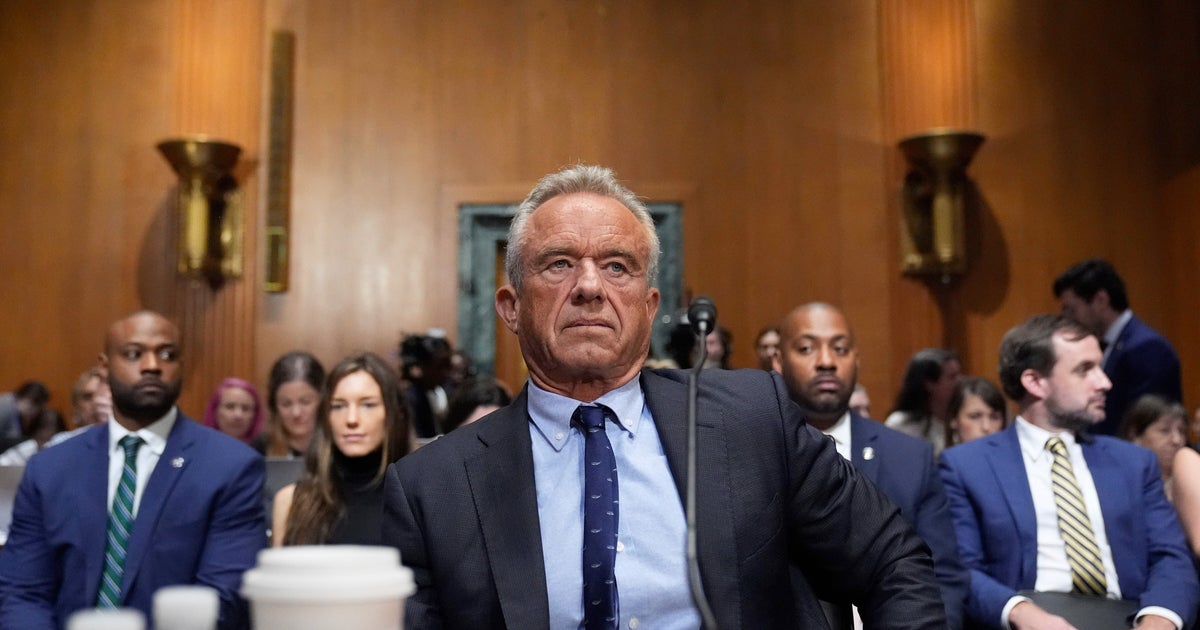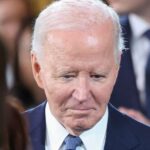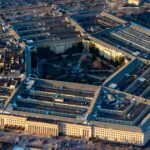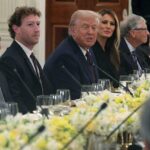In recent discussions surrounding the safety and efficacy of vaccines in the United States, concerns and critiques have risen to the forefront of national health discourse, primarily voiced by notable figures including Senator John Barrasso of Wyoming and Secretary Kennedy, the recently confirmed director of the Centers for Disease Control and Prevention (CDC). These discussions highlight complex issues around public trust and scientific transparency which are central to the ongoing debate about vaccine policy in America.
Senator Barrasso, a Republican and a physician himself, expressed grave reservations regarding the current trajectory of vaccine recommendations and their formulation during a public hearing. Addressing Secretary Kennedy, Barrasso recalled the latter’s promises during his confirmation hearing to maintain the utmost standards for vaccine safety and efficacy. “Secretary Kennedy, in your confirmation hearing, you promised to uphold the highest standards for vaccines. Since then, I’ve grown deeply concerned,” noted Barrasso. He pinpointed several events that have unnerved the public: recent measles outbreaks, controversies surrounding the use of mRNA vaccines spearheaded by critics at the National Institute of Health, and the upheaval within the CDC itself, including the firing of its recently appointed director.
These incidents, according to Barrasso, have culminated in a public trust deficit, leaving Americans confused and unsure about whom to trust for reliable health information. He underscored this point by referencing polling data that elucidates a prevailing opinion among voters—including supporters of former President Donald Trump—that vaccine guidance ought to be the purview of trained physicians, scientists, and public health experts.
During the discussion, Barrasso questioned Kennedy about the measures he intends to implement to ensure the clarity, evidence-based grounding, and trustworthiness of vaccine guidance. In response, Kennedy pledged a commitment to transparency and scientific integrity, stating, “I will make it clear, evidence-based, and trustworthy for the first time in history.” He outlined his approach, which includes revisiting observational studies on existing vaccines and imposing stringent safety demonstrations for new vaccines. His goal, he explained, is to enable individuals to fully understand the risk profiles of vaccines and thereby make informed decisions about their health.
Further probing into the mechanisms that would safeguard science-based recommendations in upcoming panel meetings, Kennedy emphasized the urgent need to restore public faith in the CDC. “Americans have lost faith in CDC, and we need to restore that faith. And we’re going to do that by telling the truth and not through propaganda,” Kennedy asserted. He detailed his strategy for rebuilding trust: proactive communication about the knowns, the unknowns, ongoing research, and methodologies, all enveloped in a commitment to transparency. “We’re going to tell them what we know, we’re going to tell them what we don’t know, and we’re going to tell them what we’re researching and how we’re doing it, and we’re going to be transparent,” Kennedy elaborated.
In a bold move emblematic of his new leadership approach, Kennedy, in June, discharged all 17 members of the Advisory Committee for Immunization Practices (ACIP), a core CDC panel responsible for framing vaccine recommendations. He replaced them with officials selected for their expertise and alignment with his vision for an accountable and transparent CDC. The reconstituted ACIP is scheduled to convene on September 18 and 19 to review and potentially update vaccine recommendations. The outcomes of this meeting are awaited with bated breath by many, as they are expected to significantly influence public health policy and practice regarding vaccinations.
This ongoing dialogue and the changes unfolding within the CDC under Kennedy’s stewardship signify a pivotal moment in public health governance in America. It encapsulates a broader debate about the role of science and transparency in public policy and the critical importance of maintaining public trust in institutions tasked with protecting community health. As these developments continue to unfold, they will undoubtedly shape the landscape of vaccine policy and public health strategy in the United States for years to come.
This detailed discourse between Senator Barrasso and Secretary Kennedy underscores a critical crossroad at which the American health system finds itself today—struggling between battling public mistrust and the imperative to provide clear, scientifically backed, and transparent health guidance in a tumultuous time. The decisions made and approaches adopted in the coming months will play a crucial role in shaping the public’s trust and the effectiveness of the United States’ response to ongoing and future health crises.









